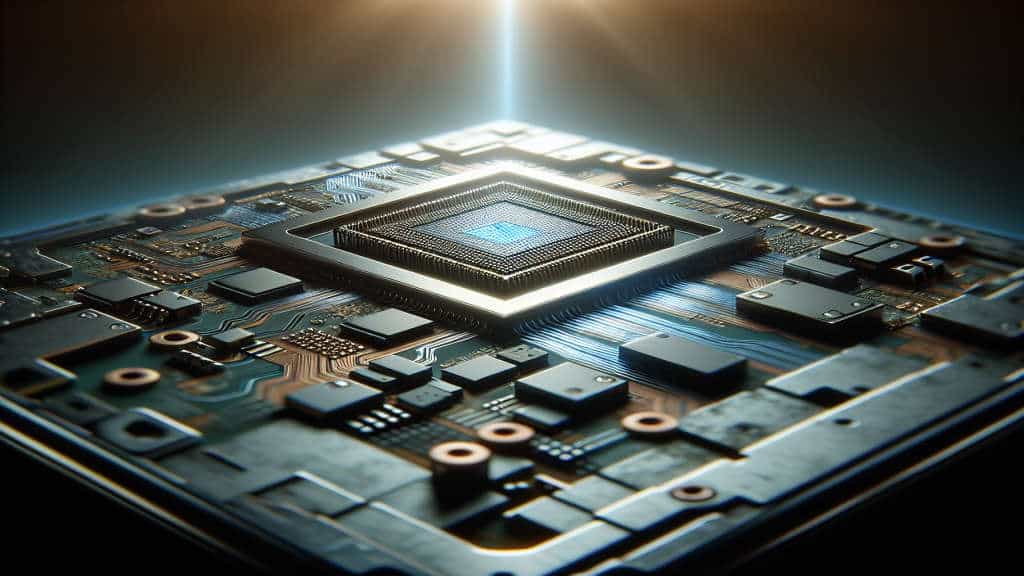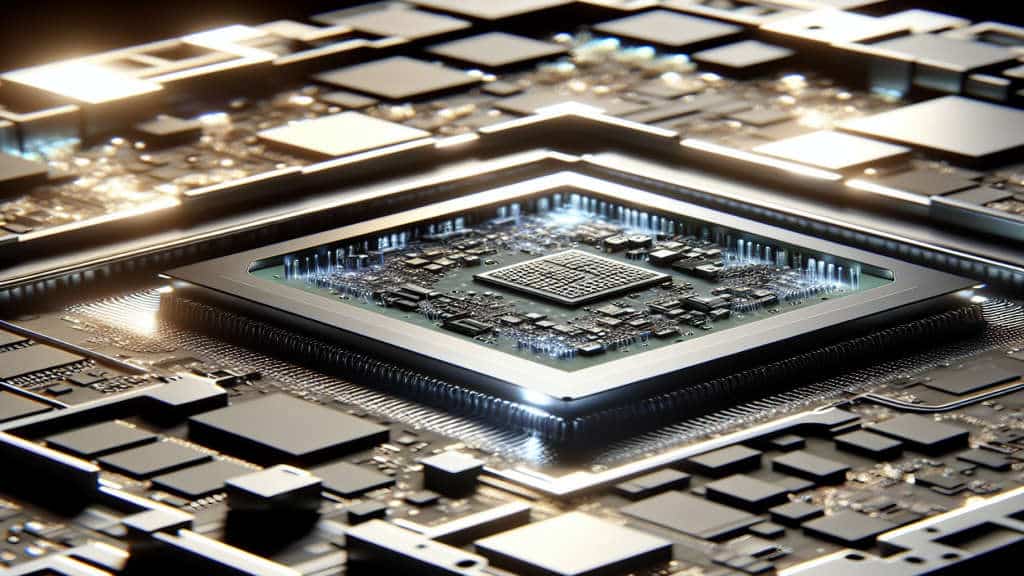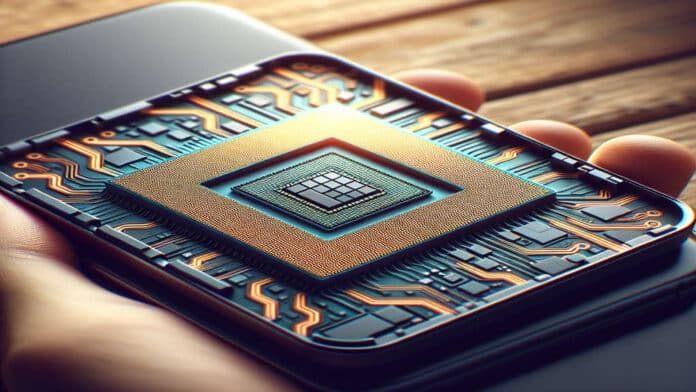Table of Contents
Mobile phone processors are the brains behind smartphones’ operation. They handle tasks and run various applications. These processors are equipped with multiple cores, allowing them to multitask and perform complex functions efficiently.
Main Points
- Function: The mobile phone processor is responsible for executing tasks and running applications on the smartphone.
- Core: Processors contain multiple cores, allowing them to handle multiple tasks simultaneously.
- Efficiency: Mobile phone processors are designed to perform tasks efficiently while minimizing power consumption.

Mobile CPU: The Engine of Your Smartphone
When you use your smartphone, you may not think much about what makes it work. But the mobile CPU, or central processing unit, is like the engine of your smartphone. It’s the part of the phone that performs the tasks and processes the data.
Why is the mobile CPU important?
The mobile CPU is important because:
- Speed: It determines how fast your phone can operate.
- Performance: It affects how well your phone can handle tasks and applications.
- Battery life: The CPU efficiency can impact how long your battery lasts.

The Architecture of Mobile Processors: An In-depth Exploration
Mobile processors are the heart of any smartphone or tablet, responsible for handling all the complex tasks and calculations that make these devices so powerful. In this in-depth exploration, we will delve into the intricate architecture of these processors, discussing their essential components and their role in the overall performance of mobile devices. From the central processing unit (CPU) to the graphics processing unit (GPU) and the system-on-chip (SoC), we will examine how these components work together to deliver a seamless user experience.
The Central Processing Unit (CPU)
The CPU is often referred to as the “brain” of the mobile processor. It is responsible for executing instructions and performing calculations. It consists of multiple cores, each capable of handling different tasks simultaneously. The design and configuration of these cores play a crucial role in determining the overall speed and efficiency of the processor.
Role of Multi-core Technology in Mobile Performance
Multi-core technology has revolutionized mobile device performance by allowing multiple processor cores to work together simultaneously. This has enabled faster processing speeds, improved multitasking capabilities, and better overall performance. With the increasing demand for high-performance mobile applications, multi-core technology has become essential for delivering a seamless user experience. The use of multiple cores also helps to enhance energy efficiency, providing longer battery life for mobile devices. As mobile technology advances, the role of multi-core technology will only become more vital in driving performance improvements.
The Evolution of Mobile Processing Power: A Historical Perspective
Mobile processing power has evolved greatly since the introduction of the first mobile devices. From the early days of basic text and calls to the advanced capabilities of today’s smartphones, the evolution of mobile processing power has been remarkable.
Key Milestones in Mobile Processing Power Evolution:
- Early Mobile Phones: The first mobile phones were limited to basic functions like making calls and sending text messages.
- Introduction of Smartphones: The launch of smartphones revolutionized mobile processing power by introducing advanced features like internet browsing, email, and apps.
- Multi-Core Processors: The development of multi-core processors significantly improved the speed and performance of mobile devices.
Energy Efficiency and Battery Life: The Balancing Act of Mobile CPUs
Regarding mobile CPUs, finding the right balance between energy efficiency and performance is crucial for maximizing battery life. Manufacturers constantly strive to develop CPUs that deliver strong performance without draining the battery quickly. This delicate balancing act involves optimizing the architecture and design of the CPU to minimize power consumption while still delivering the processing power needed for today’s mobile devices.
The Role of Energy-Efficient CPU Design
Energy-efficient CPU design is critical in extending mobile device battery life. By utilizing advanced manufacturing processes and innovative power management techniques, manufacturers can create CPUs capable of delivering impressive performance while sipping power. This allows users to enjoy extended use of their devices without recharge. However, striking the perfect balance between energy efficiency and performance remains an ongoing challenge for CPU designers and engineers.
Frequently Asked Questions
How does a mobile phone processor work?
A mobile phone processor works by carrying out instructions and calculations to process data for the mobile device’s various functionalities.
What role does a processor play in a mobile phone?
The processor is the brain of the mobile phone, responsible for executing tasks, running applications, and managing system operations.
What are the key factors to consider when evaluating a mobile phone processor?
The processor’s speed, number of cores, architecture, and energy efficiency are key factors to consider.
Can a mobile phone processor be upgraded?
Mobile phone processors cannot usually be upgraded, as they are integrated into the device’s hardware.
How does the processor impact the performance of a mobile phone?
The processor significantly influences a mobile phone’s speed, multitasking capabilities, and overall performance.



